Trying to use an Object Map to replace a month name with the month number. The use case, is that I'm trying rename files that include names of the month.
$monthNameToNumberMap = @{
January = '01'
February = '02'
March = '03'
April = '04'
May = '05'
June = '06'
July = '07'
August = '08'
September = '09'
October = '10'
November = '11'
December = '12'
}
Write-Host "Desired : 02 20 => ";
"February 20" -Replace '([A-z]{3,9}) (\d{2})', "$monthNameToNumberMap[`$1] `$2"
Write-Host "Desired : 05 03 => ";
"May 03" -Replace '([A-z]{3,9}) (\d{2})', "$monthNameToNumberMap[`$1] `$2"
# receiving : @{January=01; February=02; March=03; April=04; May=05; June=06; July=07; August=08; September=09; October=10; November=11; December=12}[February] 20
I'm failing to access the Object Map's value using the regex match group.
